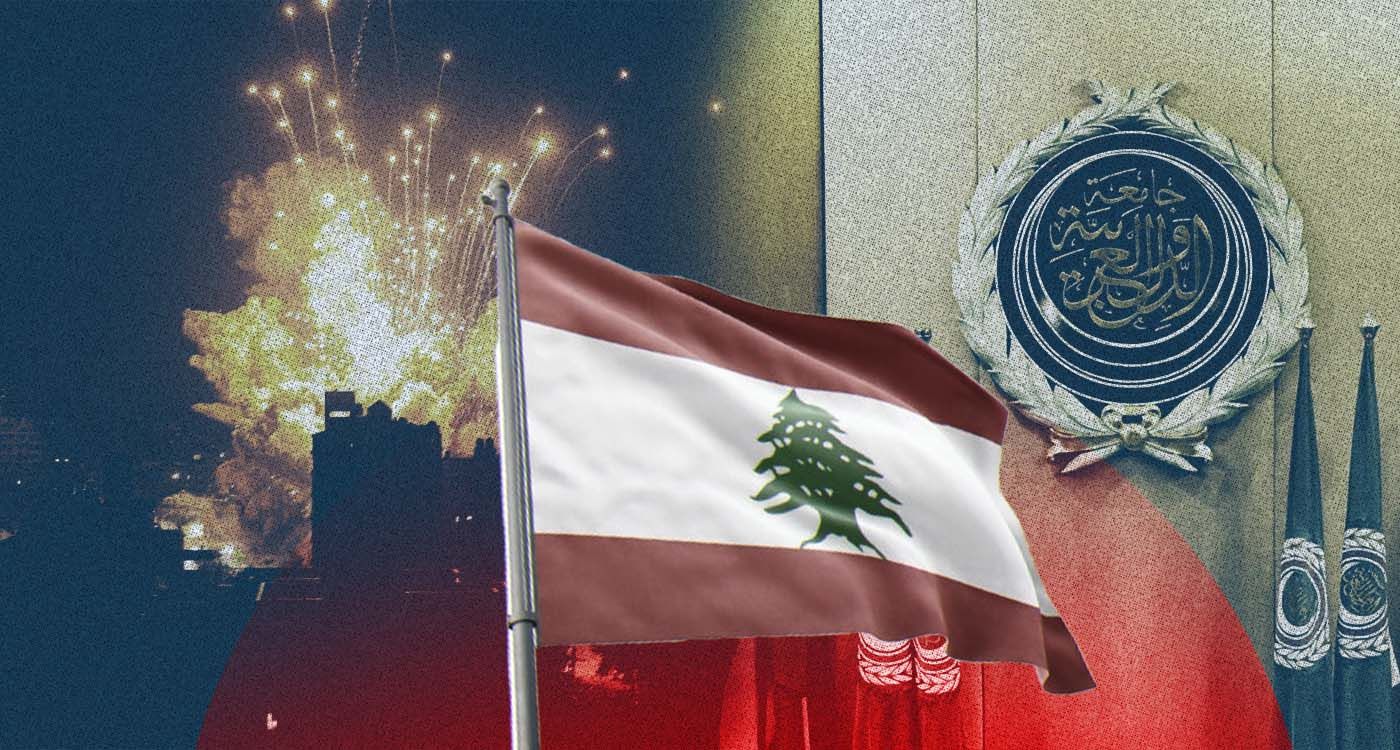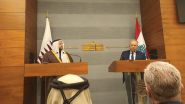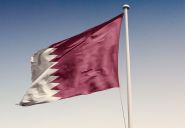
Lebanese Prime Minister Nawaf Salam did well by recommending that the different Lebanese factions replace their allegiance to foreign powers with unity and independence, suggesting that he supported Lebanon’s regional and global neutrality. Yet, in the same breath, Salam said that Lebanon must be part of the “Arab solidarity” in support of “the right of the Palestinian people for self-determination,” hardly a recipe for neutrality. Salam does not seem to notice the contradiction.
Salam seems to believe that what is good for the Arab polity must also be good for Lebanon. Making nice with the “Arab surrounding” is the classic Lebanese way of begging wealthy Gulf nations for financial assistance.
But suppose Salam is serious about Lebanese self-reliance instead of betting on foreign powers. In that case, Lebanon has better options to serve its interests without selling its foreign policy to “Arab solidarity.”
By choosing peace and normalization with Israel, a country whose economy is as rich as the wealthy United Arab Emirates (UAE) and that is 21 times the size of its Lebanese counterpart, Lebanon’s national interests can be untied from the intractable Palestinian problem and instead connected to the global economy.
Lebanon has the moral and ethical justification for abandoning “Arab solidarity” on the Palestinian issue and suing for bilateral peace with its southern neighbor — Israel.
Between 1969 and 1982, the Palestine Liberation Organization (PLO), “the sole and legitimate representative of the Palestinian people” according to the UN, the Arab League and the Organization of Islamic Cooperation (OIC), ran amok on Lebanese territory, its armed militias terrorizing the Lebanese, dominating their government, and dragging them into a costly civil war.
The Lebanese have thus paid their dues to the “Palestinian cause.” If anything, the Lebanese must sue the PLO for reparations for the time that Palestinians made Lebanon their “alternative homeland” on the way to “liberating Palestine.”
But the Lebanese are kind-hearted and should let bygones be bygones with Palestinians. Instead of demanding that the Palestinians pay for the enormous damage that they caused to a once-thriving Lebanon, Lebanon should just sign peace with Israel and tell the Palestinians that Lebanon has paid its dues to the “cause” and “Arab solidarity.”
It is high time for the Lebanese to start thinking of the boost to their economic growth that a peace treaty with Israel can get. Think of the millions of tourists that visit the Jewish state every year, especially Christian pilgrims. If Lebanon opens its border with Israel, a tourism spillover from Israel becomes certain.
And given Lebanon’s skilled labor and excellent higher institutions, academic exchange with Israeli universities — among the top in the world — will be another boon.
Bilateral trade between Lebanon and Israel, Foreign Direct Investments in both directions, services, high tech, banking, medical care, and insurance will all grow and stand ready to serve a regional, if not global, market. Sectors on both sides of the border will grow exponentially.
We bring up economic growth to show how a peace treaty with Israel allows Lebanon to substitute begging reconstruction money from the Gulf with its own, independent, self-generated revenue streams.
The Gaza Strip is a tiny and barely livable, let alone economically viable, piece of land whose only recourse for reconstruction is aid. Lebanon is not Gaza. Lebanon is a country whose economy was once growing by leaps and bounds and whose very existence was the envy of many in the region and worldwide. And Lebanon’s strong economy, before 1969, relied on a truce with Israel. Now, imagine how strong the Lebanese economy can become when it signs peace and enters a free trade treaty with Israel and perhaps with other like-minded countries — first and foremost, the UAE and Bahrain.
Nawaf Salam, a political novice, has been presented to the Lebanese as an agent of change, and change requires being bold and thinking outside the box. Change demands thinking of how to grow the economy in ways that can generate enough wealth for reconstruction rather than begging for rebuilding aid.
In little more than a year, Lebanon will be holding its parliamentary elections. Let the Lebanese have this debate. Let them discuss how, no matter how proud they are of their Arab identity, such pride does not mean that the country should behave as the helpless little kid on the bloc that is begging others for a lifeline.
Let Lebanon become the prodigy, the miracle, Singapore. Let Beirut become like Dubai and Tel Aviv. Allow the Lebanese to unleash their ingenuity. If the Palestinians want to join the party, they are welcome to. But the Palestinians are not welcome to hold Lebanon back until their return to their past.




Comments